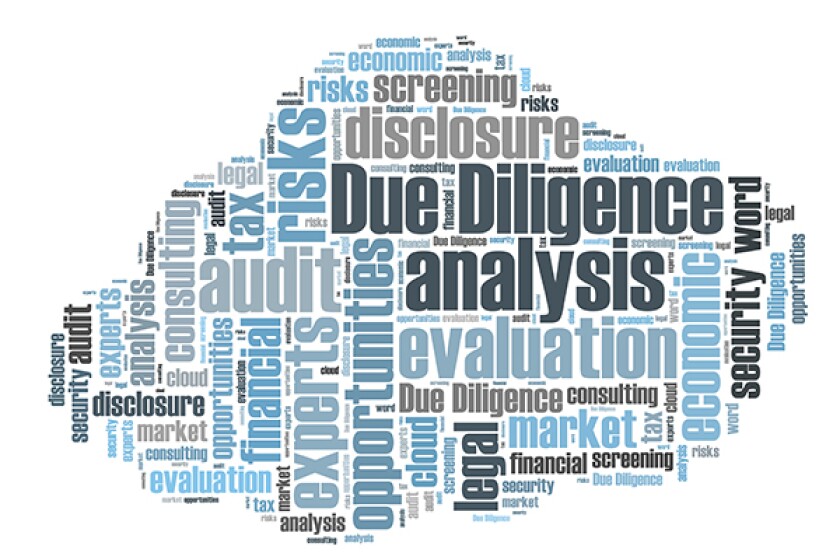On August 8 2019, the draft law that would transpose the EU tax intermediaries directive (Directive 2018/822, commonly referred to as DAC6) into Luxembourg legislation was introduced in Parliament.
DAC6, formally adopted by the Council of the EU on June 5 2018, requires EU-based taxpayers or intermediaries to disclose to the relevant tax authorities information regarding certain cross-border arrangements and it provides for the mandatory, automatic exchange of this information by and among the tax administrations of EU member states. The directive entered into force in the EU on June 25 2018 and is expected to be effective in Luxembourg no later than July 1 2020.
The cross-border arrangements that EU-based intermediaries or taxpayers are required to report are arrangements that: (i) concern either more than one EU member state or a member state and a non-EU country; (ii) involve certain taxes addressed in the directive; and (iii) contain at least one of the "hallmarks" defined in the directive.
Implementation of the directive
EU member states are required to implement the directive's minimum standards into their domestic legislation by December 31 2019.
Luxembourg's draft law closely follows the scope and terms of DAC6. However, it is important to remember that, when transposing the directive into domestic legislation, each member state is free to interpret/define the terms of the directive as it wishes and to extend the scope of the reporting obligation. For example, a member state could decide to extend the reporting obligation to domestic arrangements. Therefore, each relevant member state's rules should be carefully reviewed because the potential variance in their implementation of DAC6 could result in multiple reporting obligations (e.g. an arrangement may have to be reported in one member state because it meets one of the hallmarks and in another because it has certain domestic elements).
Key reporting deadlines
Under a transition period, reportable arrangements where the first step was implemented between June 25 2018 and June 30 2020 must be reported by August 31 2020 and EU member states must exchange information by October 31 2020.
As from July 1 2020, reportable arrangements must be reported to the relevant tax authorities within 30 days after the arrangement being made available or ready for implementation, or the day after the first step of the arrangement is implemented.
While there is no immediate reporting obligation until 1 July 2020, the sooner intermediaries and taxpayers put in place necessary procedures and start collecting information on reportable arrangements, the better prepared they will be by the time the first reports are due. This is even more relevant as member states might transpose the directive into domestic legislation differently.
Deloitte Luxembourg
T: +352 45145 2307 and +352 45145 4281













